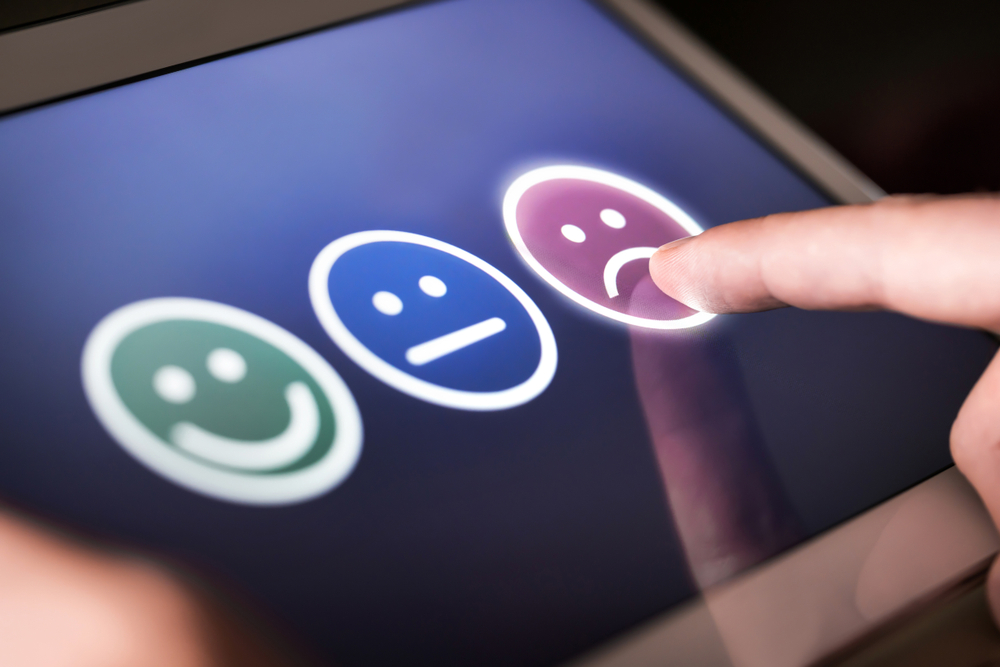
There are a couple different ways to interpret the term “cheap hearing aids”. For somebody on a tight budget, it means “affordability”. On the other hand, it conveys low-quality, turning a seemingly economical purchase into a not-so-smart choice, epitomized by the adage “You get what you pay for”.
Regrettably, distinguishing between an economical purchase and an item of negligible value is frequently tricky. This is especially relevant in terms of hearing aids.
With hearing aids, the saying “you get what you pay for” rings especially relevant. This means weeding out the devices that are priced in the “too good to be true” range, not automatically going for the most costly choice. Consumers need to recognize that important information is often left out of the marketing campaigns of cheap hearing aids.
Cheaper hearing aids are basically only amplifiers
Increasing the overall volume is generally the only thing cheap “hearing aids” can handle. When you simply amplify everything, the sounds you want to hear better are amplified but so are unwanted background sounds you don’t want.
If everything is louder, it totally defeats the purpose of using a hearing aid.
A modern state-of-the-art hearing aid, in comparison, does a lot more than just crank the volume up. It reduces background noise while expertly managing sound and maximizing clarity. Authentic hearing aids mimic natural hearing with great accuracy and are custom programmed to your specific hearing needs.
PSAPs vs. Hearing Aids
The Food and Drug Administration has drafted guidelines for companies who sell hearing devices and have stringent rules as to what can be called hearing aids.
Sadly, there are many devices out there that market themselves as hearing aids when they are technically personal sound amplification products (PSAPs), named this because they can only amplify sound.
Most reputable providers comply. But you might find some uninformed salespeople or products on Amazon or eBay that mislead consumers into believing that these devices meet the definition of a hearing aid. Some even inaccurately advertise that they are FDA-approved.
For most kinds of hearing loss they won’t be effective at all
The majority of individuals who lose their hearing will gradually lose certain frequencies of sound before others. For instance, you may have no trouble hearing a man with a low voice, but struggle with a woman’s or child’s voice, finding it challenging to comprehend.
A cheap hearing device typically results in total volume amplification. But, if you have trouble with certain frequencies, just boosting the volume will be insufficient. And turning up the overall volume could lead to added damage to your hearing because the frequencies you don’t have trouble with will be booming in your ears.
High-quality hearing aids can be programmed to boost selected frequencies offering a much better solution. They offer a more customized hearing experience by shifting frequencies you can’t hear very well to frequencies you hear better.
Feedback can be an issue
Cheap hearing aids are usually not custom fit to your ears. A feedback loop is often the result of poorly fitting hearing aids. As the speaker in your ear wiggles around, the microphone picks up the sound. This will generate a deafening screech.
They normally don’t have cellphone support
Functionality is frequently sacrificed when opting for budget devices, and this is true for lots of inexpensive hearing aids lacking Bluetooth capability. The lack of Bluetooth becomes critical when thinking about phone connectivity. Trying to amplify a cheap hearing aid while on the phone leads to capturing not only the caller’s voice but also the sounds of your ear, lips, clothing, and hair rubbing against the phone, making it even more difficult to hear the person on the other end.
More sophisticated hearing aids are digital and utilize Bluetooth connectivity to connect directly to your phone. Overall communication and clarity will be enhanced so you can be sure you will hear your daughter’s voice on the phone.
They aren’t designed for people with hearing loss
This could come as a shock because so many people think otherwise. These amplifiers were never intended to treat hearing loss. They were designed to help people who have relatively good hearing hear things a bit louder.
Cheap devices may help a little if you only have slight hearing loss. But they won’t be of much use for individuals who actually need hearing aids.
Where can you get quality affordable hearing aids?
Obtaining affordable quality hearing aids isn’t hard. They might even be covered by insurance or other third parties. You can also find financing options, leasing plans, and more affordable brands. If you think you have hearing loss, begin by getting checked out. Call us today for a consultation, we can help figure out what’s best for you, depending on your amount and type of hearing loss, and make certain you get a pair that won’t break the bank!
Call Today to Set Up an Appointment
References
https://www.fda.gov/medical-devices/consumer-products/hearing-aids

